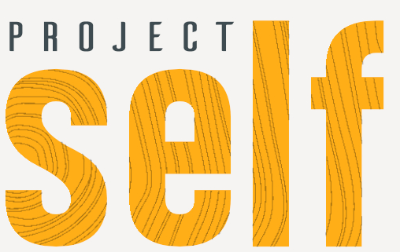The whole premise of coaching is based on the concept that the client already has the answers. A coach works with the client so they can surface what they already know and so this forms part of their solution. The fact that we often know more than we let ourselves acknowledge is usually to do with shutting down part of ourselves, self-protection, devaluing intuition and ignoring our truth because of what it will mean if we face it – a call to action which is often challenging – and may involve facing our fears. But acknowledging that we do know and what we know, however uncomfortable, creates relief as we can stop pretending or denying, which is the first step towards acceptance and to moving forward.
The noun ignorance (to lack knowledge or awareness) and the verb to ignore, both stem from the latin word meaning to not know. The state of ignorance as bliss reflects that to deny knowledge is to deny responsibility. If we consciously or willfully chose to avoid taking notice of what we know; ignore, we are choosing ignorance; not paying attention; rendering ourselves blind. A basic mechanism to keep ourselves in the dark. We have a capacity to remain unseeing in situations where “we could know, and should know, but don’t know because it makes us feel better not to know” Margaret Heffernan writes in ‘Wilful Blindness’.
Willful blindness is a legal term for the idea that you are responsible “if you could have known, and should have known, something that instead you strove not to see.” It doesn’t matter whether the avoidance of truth is conscious. Hefferman describes Whistleblowers as ordinary people who use their freedom to take responsibility and act on what they can see, whilst others deliberately look the other way. But this is not innocence, this denial is a type of collusion. We make ourselves powerless when we pretend we don’t know. That’s the paradox of wilful blindness: we think it will make us safe even though we can’t see where we are going or how we can move forward. As we see less, we feel more comfort but think we know more.
We conspire to create safety, certainty and familiarity through our stories. We have a blind spot for everything outside the familiar; our brains tend to reject information that broadens our outlook and admit information that makes us feel good about ourselves. We process information but selectively allow that which affirms what we think we already know, creating further evidence to reinforce our views, values and beliefs and disallow that which can unsettle us. We tend to seek knowledge that proves our view of the world.
Yet we probably believe we are open-minded and can change our opinions in light of new evidence. A fixed mind-set tends to reinforce what we already know rather than be open to new evidence that challenges us, so that we tend to make our minds up quickly and value being right over what could be or what is uncertain. “What obscures those transformative unknowns from view are the unconscious biases as “everything can be seen directly except the eye through which we see.” (Heffernan).
We have far more access to innate or intuitive knowledge that we will accept. A navigational resource we can value as highly, if not higher, than rational and intellectual knowledge as it is what we have come to be; interconnected through our experience, across the senses; it’s our felt knowledge, our insight. We don’t need evidence for what we know, we just do. Of all the things we know, how many of them do we really know, from the inside. How much knowledge or wisdom are we shutting down when we refuse to listen to what our body tells us, ignoring different parts of our self when we receive information, when we respond, and when we say “I just don’t know”?
Question what you think you know and ask yourself what you are choosing to be blind to. Use your sight to look.
